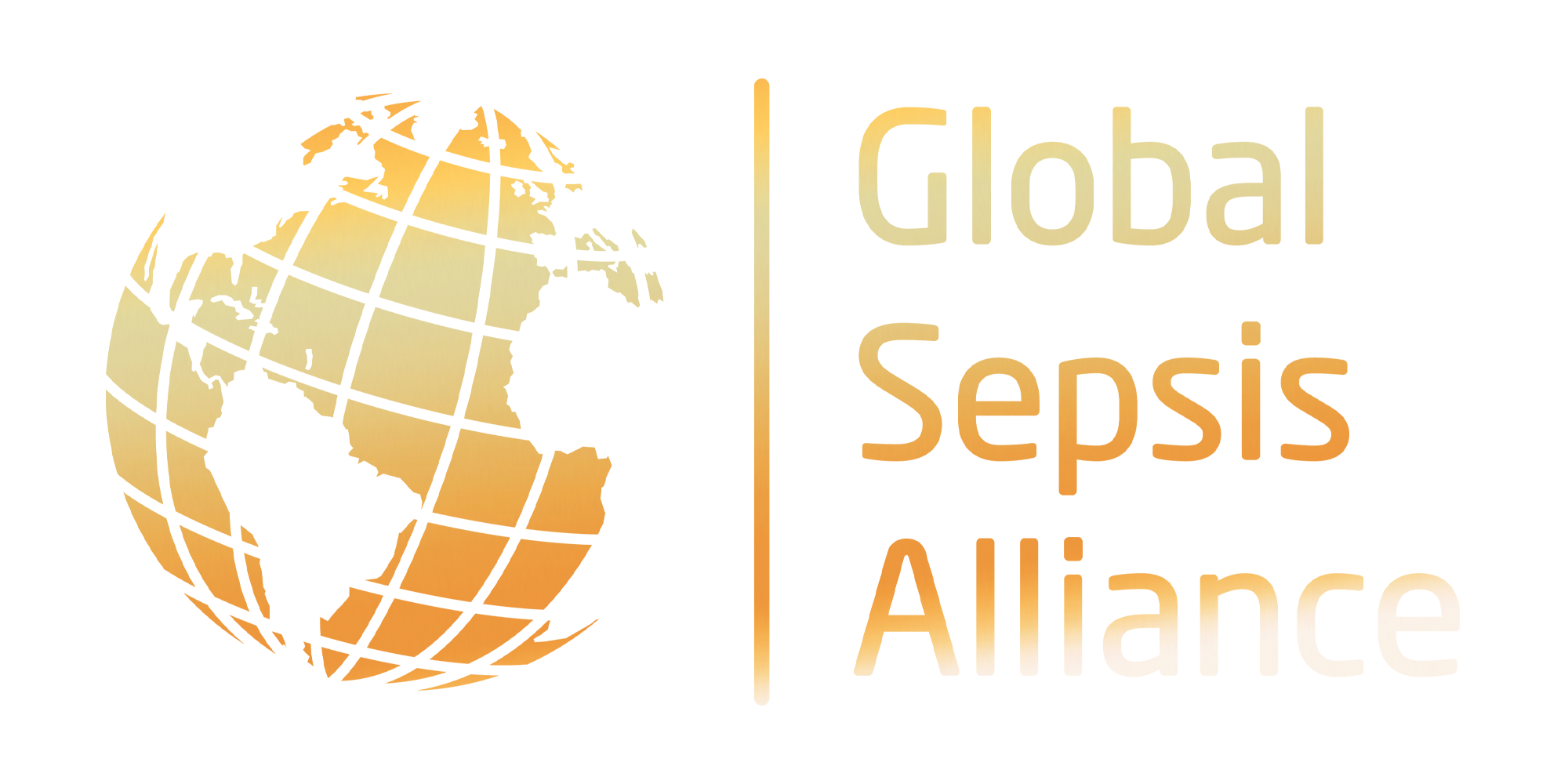By Imrana Malik, MD
Assistant Professor and Associate Medical Director, Department of Critical Care
The University of Texas MD Anderson Cancer Center
With this year’s hurricane season on track to be one of the most active and destructive on record, it’s vital to remember that as flood waters rise so does the risk of infection and sepsis. It’s especially important to bear in mind now with Texas and Florida recovering from major storms, multiple storms strengthening in the Atlantic and Pacific and three more months remaining in the hurricane season.
As a critical care physician and pulmonologist at MD Anderson Cancer Center in Houston, I’ve had a unique vantage point to witness recent storms, particularly Hurricane Harvey which dumped more than 50 inches of rain on our region Aug. 26 - 29. Today, millions of residents along the Texas Gulf Coast continue to clean out their homes devastated by flooding, ripping up soaked carpets and hardwood floors, pitching out moldy furniture and removing sopped dry wall. It’s sobering to see neighborhood streets piled high with furniture, toys, appliances, books and mattresses all ruined and contaminated by the floodwaters.
MD Anderson’s clinical and research facilities were spared major damage and more than 1,000 of our employees provided extraordinary care to more than 500 inpatients and 300 family members throughout the storm. But since reopening and resuming all clinical operations and appointments, we’re keeping an especially close eye on patients, caregivers and health providers for any signs of infection and sepsis. This year, it was especially important – and poignant – for MD Anderson to once again observe World Sepsis Day Sept. 13, as it has since 2012.
Floodwaters, standing water and post-flood cleanup can increase the risk of infection and sepsis, but there are ways to reduce the chances. Here are some tips to consider:
- Keep your hands clean. Wash frequently with soap and clean water.
- Clean and cover wounds.
- Limit exposure to mold and water-damaged spaces. Wear an appropriate surgical mast when exposed to environments where mold growth is possible.
- Get a flu vaccination if your doctor recommends it.
- Talk to your doctor about a tetanus shot.
- Prevent mosquito bites by wearing long-sleeved shirts, long pants and using an Environmental Protection Agency (EPA)-registered insect repellent.
As volunteers and residents work to restore Houston, the Texas Gulf Coast, Florida and the Caribbean islands, keep in mind the many dangers after the storms. None of us can control Mother Nature, but we can be proactive about infection control after the storms pass and recovery begins.









